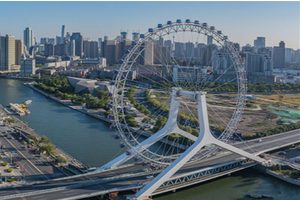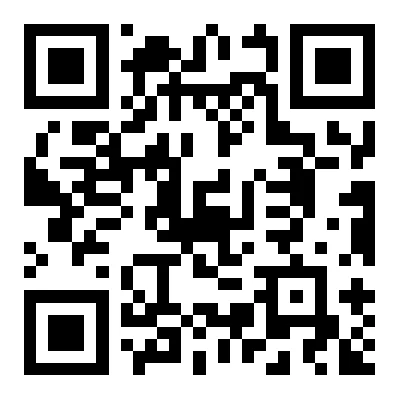Thailand tourism exchange
1. You can exchange Thai baht directly in China. For example, Bank of China provides Thai baht exchange service, but you need to make an appointment in advance and bring your ID card and passport with you.
2. Another method is to withdraw Thai baht from UnionPay ATM in Thailand. As long as you use an ordinary savings card (debit card) with the UnionPay logo, you can easily take out the Thai baht. In Thailand, such ATM machines are very common, which makes the withdrawal process simple and fast. The exchange rate will be calculated according to the exchange rate announced by UnionPay on that day.
3. You can also bring RMB to the Super Rich store in Thailand for exchange. The exchange rate of RMB to Thai baht provided by Super Rich is the most favorable among all exchange institutions, and it is also the highest and safest exchange point in Thailand.
You can Exchange money at the Exchange counter in Bangkok.
5. In the shops where UnionPay cards can be used, you can directly pay with UnionPay savings card (debit card) or credit card (debit card) and convert it into Thai baht.
6. Another exchange method is to exchange with local tour guides (local escorts).
Extended data:
In 1937, the official price of Thai baht was 2.17 to 2.18 baht, which was equal to 1 US dollar. In May 1946, the official exchange rate was set at 9.95 baht equal to 1 US dollar and 40 baht equal to 1 pound. In March 1947, the Thai government recognized the free market exchange rate and adopted a differential exchange rate for import and export trade settlement. The exchange rate ranged from 9.95 to 23.60 baht, which was equal to 1 US dollar. On September 18, 1949, the pound depreciated, and on September 26, the Thai baht fell by 30.5%. The official price against the US dollar became 12.50 baht equal to 1 US dollar, while the free market exchange rate was 23.54 baht equal to 1 US dollar. In March 1955, the Thai baht depreciated again. In 1963, the gold content of Thai baht was set at 0.0427245g, and the official exchange rate was US$ 1 equal to 20.80 baht. At the same time, the floating exchange rate was stopped. Since 1971, the Thai baht has been devalued as the dollar stopped being freely convertible and devalued. After the dollar depreciated again on February 12, 1973, the Thai government announced on February 14, 1973 that it would still peg the Thai baht to the official exchange rate of the dollar, that is, it would depreciate by 10% with the dollar. On April 10, 1973, the gold content of Thai baht dropped to 0.0354164 g, and on July 15, it was announced that the gold content of Thai baht rose to 0.0368311 g again, and the official exchange rate was changed to 1 US dollar equal to 20 baht. On March 8, 1978, the government announced that the Thai baht was decoupled from the US dollar and linked to a basket of currencies. The Foreign Exchange Equalization Foundation began to announce the buying and selling prices of Thai baht against the US dollar, and imposed restrictions on the foreign exchange trading prices of commercial banks.On November 5, 1984, the Thai baht depreciated by 14.8%, and the official exchange rate was 27.15 baht to the dollar. After that, the Thai baht appreciated. At the end of 1990, the exchange rate was 25.290 baht to the dollar.
Reference: Baidu Encyclopedia-Thai baht
1. Bank of China can buy Thai baht directly, but it is not available in all business halls, and it is not always available. You need to make an appointment in advance, bring your ID card and passport with you, and only handle it on weekdays. The exchange limit is 50,000 RMB, and the converted Thai baht denomination is 1,000 denominations, no small denomination.
2. You can withdraw Thai baht directly from the ATM with the UnionPay logo or the associated bank in Thailand with the bank card. It should be noted that the deposit balance of the ATM shows the amount of Thai baht calculated according to the foreign exchange quotation of China UnionPay at that time, not the RMB balance. The exchange rate is calculated according to the selling price of Thai baht announced by Bank of China on the same day, but the issuing bank will charge a certain handling fee.
3. For domestic bank exchange in Thailand, generally speaking, the exchange rate of banks will be slightly lower than that of street exchange shops. The business hours of domestic banks in Thailand are usually 8:30-15:30 from Monday to Friday and closed on Saturday and Sunday.






